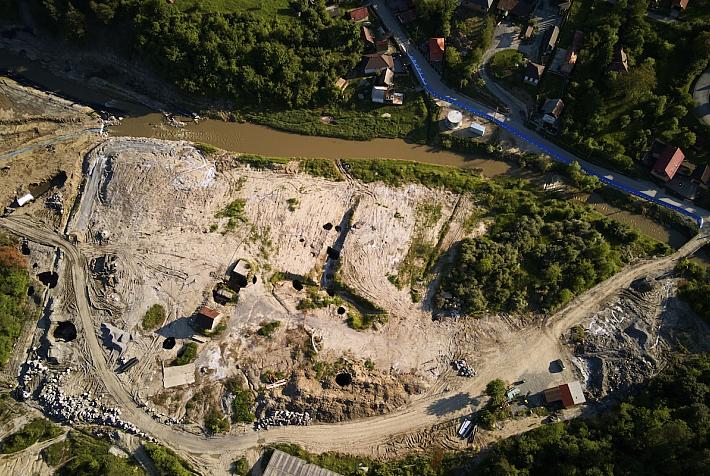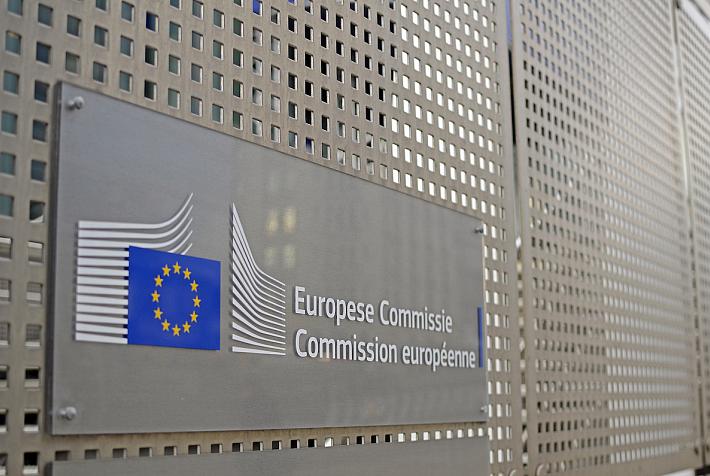Several fake news campaigns currently targeting Romanians on social media, official sources say

Romania’s Interior Ministry (MAI) and Defense Ministry (MApN) have warned of ongoing disinformation campaigns on social media aimed at manipulating public opinion. The latest wave of false claims includes reports about the imposition of martial law and border closures, seeking to heighten public anxiety over the risk of war.
Romanians, whether abroad or within the country, have been facing increasingly stronger waves of fake news since the cancelled presidential in December 2024, even though misinformation began to thrive during the pandemic.
“False information is being spread regarding the so-called closure of border crossing points. We reiterate our appeal to citizens not to share such messages and to seek information from official sources,” the Interior Ministry announced.
Meanwhile, last week, a series of forged documents called Romanian men in the diaspora back to the country as part of alleged recruitment drive for the army. Videos of military equipment supposedly crossing Romania were also shared.
In reply, the Ministry of National Defense said that the institutions mentioned in the forged documents, such as the “Recruitment Directorate,” do not in fact exist.
“The disinformation we are highlighting continues a series of actions that exploit the context created by the war of aggression currently waged by the Russian Federation in Ukraine. We remind that compulsory military service for conscripted soldiers and short-term soldiers was suspended in peacetime in Romania, starting on January 1, 2007,” defense officials stated. “Furthermore, there is no officer within the MApN personnel bearing the name and position of the one who supposedly ‘signed’ this fake document."
To combat future disinformation campaigns, Romanian state institutions will notify judicial authorities and identify the authors of this disinformation campaign. According to Romanian law, the intentional dissemination of false news is punishable with prison of up to 5 years.
Romania’s National Directorate for Cyber Security, or DNSC, said that cyberattacks are becoming increasingly complex and sophisticated. Some attacks are carried out on social media platforms, where attackers manipulate public opinion and spread false information to influence user behavior. Misinformation is often combined with phishing, which targets sensitive information.
In one case, a Facebook page with millions of followers was compromised by attackers. The page stopped posting, but launched multiple sponsored ads in various European languages. The hackers therefore used the page’s popularity to redirect users to a site containing false information about Romanian elections. They also promised “miraculous earnings” through risky and fraudulent investments.
(Photo source: Georgejmclittle | Dreamstime.com)













